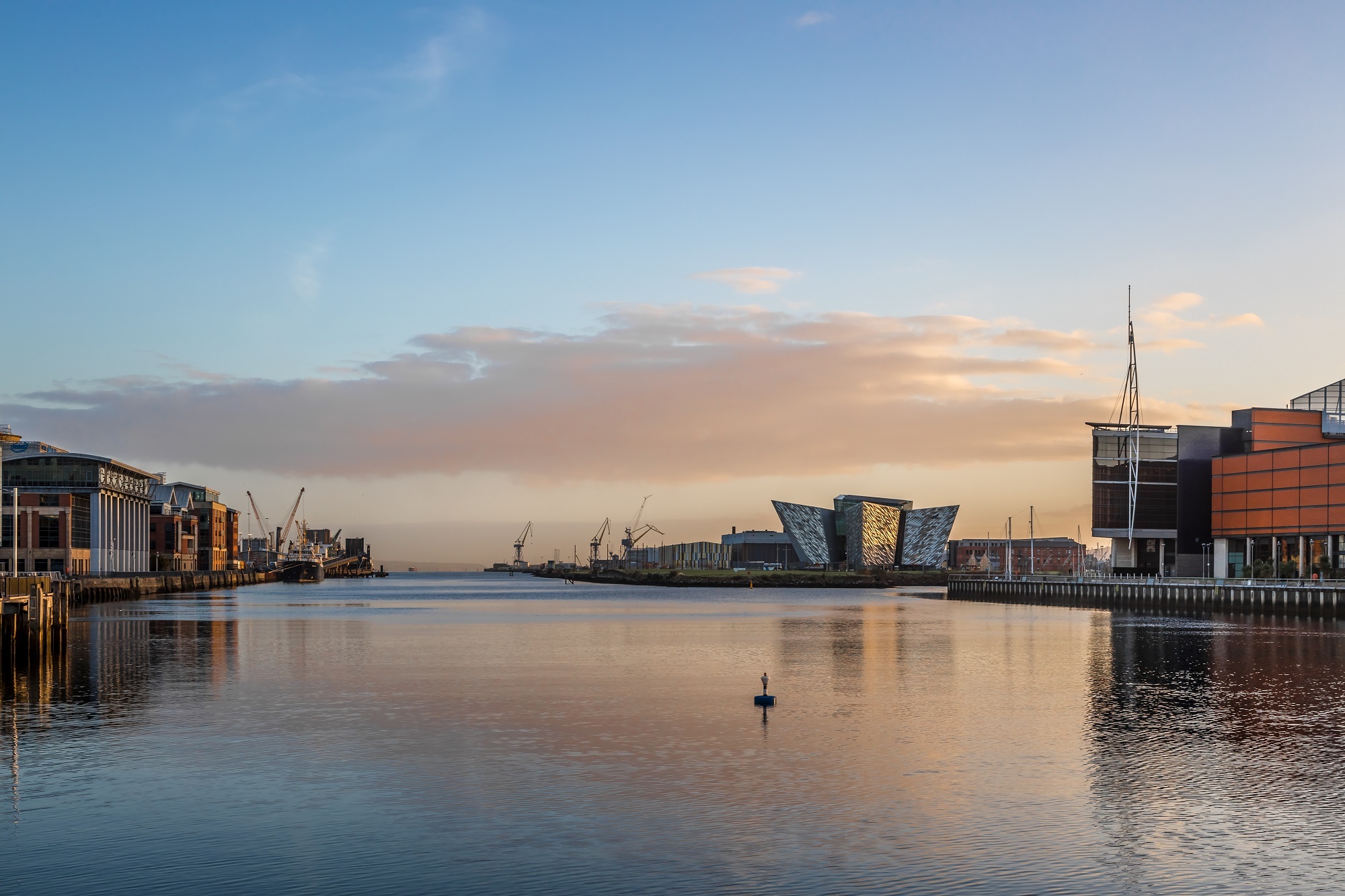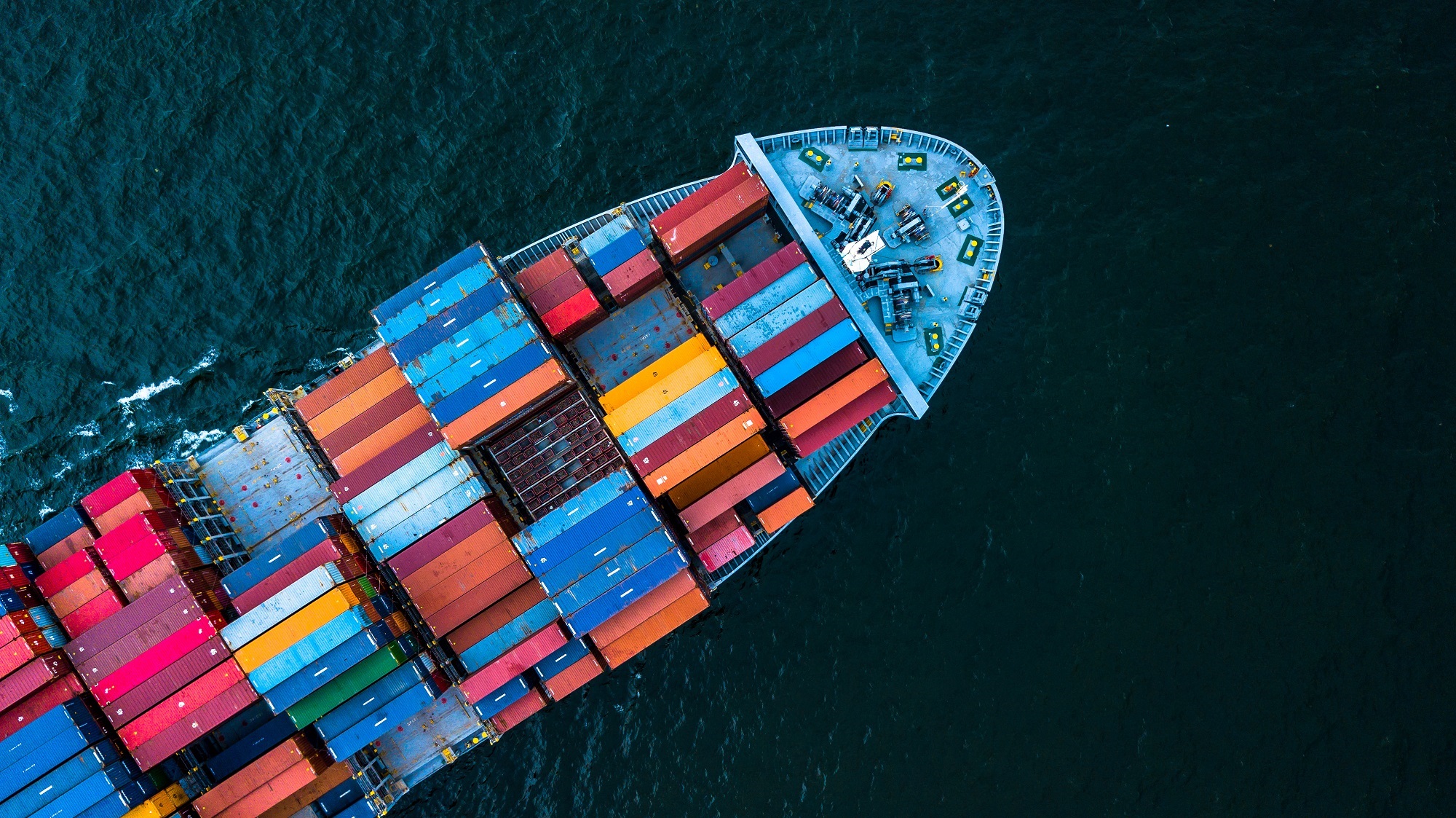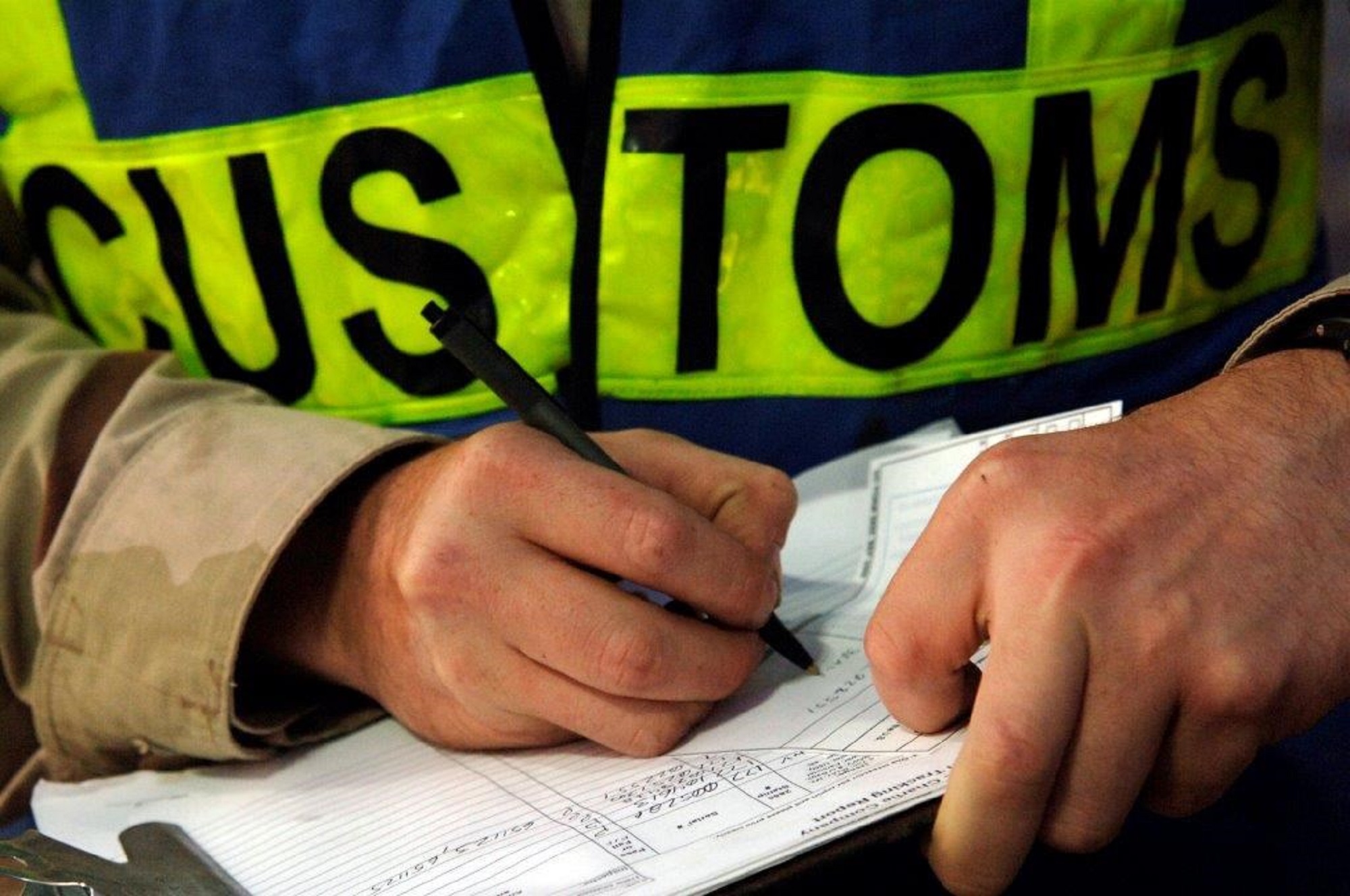As of January 1, 2021, all changed in relation to trade with the United Kingdom (UK). A new non-EU country has emerged, the UK. The UK, includes England, Scotland, Wales, Northern Ireland and a few smaller islands. However, a nuance needs to be made with respect to trading goods with Northern Ireland.
Why?
Because of the Northern Ireland Protocol, which is a separate agreement reached between the UK and the EU to primarily protect free trade on the Island of Ireland. The Northern Ireland Protocol means that Northern Ireland remains in the EU customs territory, whilst also remaining part of the UK.
Northern Ireland therefore has a unique place in certain circumstances as being part of the EU Single Market, and remaining part of the UK.
The UK/EU Trade and Co-operation agreement refers to the UK, however because the Northern Ireland Protocol carves out specific treatment for Northern Ireland, the reference to the UK, relates to Great Britain (i.e. England, Scotland and Wales) and Northern Ireland is considered to be an EU Member State.
But why is this distinction so important from a VAT and customs perspective?
Mainland EU vs. Northern Ireland and GB
Goods can move freely within the EU, there are no customs obligations and goods can be transported across borders without being stopped for administrative reasons. This is referred to as the principle of free movement of goods, and still applies to EU/Northern Ireland trade.
In relation to non-EU countries, this principle does not apply.
It is important to make the above-mentioned distinction as Northern Ireland is still part of the customs territory of the EU. This means that no customs formalities and procedures apply to the transport of goods between the EU and Northern Ireland. For supplies of goods to and from Northern Ireland, the European VAT system will continue to apply. For these supplies of goods, most EU rules for intra-Community supplies of goods continue to apply.
Whereas, for supplies of goods between the EU/GB (i.e., England, Scotland or Wales), the principle of free movement of goods from a customs point of view will no longer apply. As a result, trading and moving goods between the EU and GB is since January 1, 2021 subject to import and export formalities and could even trigger VAT consequences in GB for an EU supplier.
Northern Ireland qualifying goods, have unfettered access to the GB market and free movement within the EU single market.
Following the above, when looking at opportunities, or talking to your suppliers/ customers in the UK it is important to determine whether you are referring to trading and moving goods to Northern Ireland or GB, as the VAT and customs consequences could not be in more of a contrast.
We emphasize that this will only apply for the supply of goods and not for the supply of services to businesses established in Northern Ireland. For the supply of services, Northern Ireland qualifies as a non-EU country.
More information
We at Baker Tilly are working together, to assist Northern Ireland businesses looking to expand their dealings with the EU or EU businesses interested in understanding more about the benefits of trading with Northern Ireland. If we can be of any assistance to you please contact us.
This content was published more than six months ago. Because legislation and regulation is constantly evolving, we recommend that you contact your Baker Tilly consultant to find out whether this information is still current and has consequences (or offers opportunities) for your situation. Your consultant will be happy to discuss the latest state of affairs with you.




